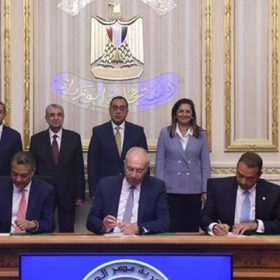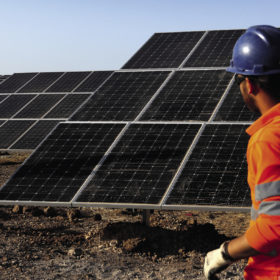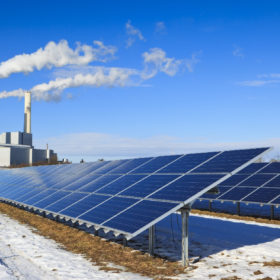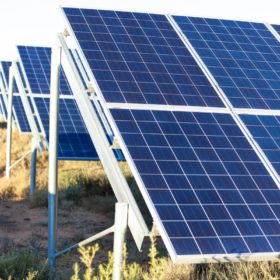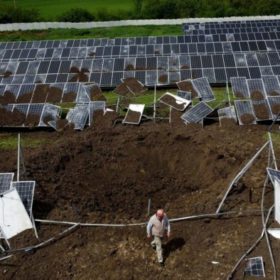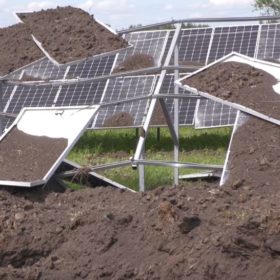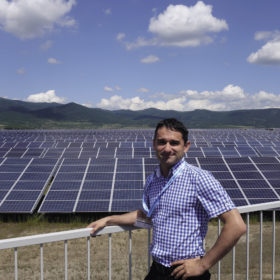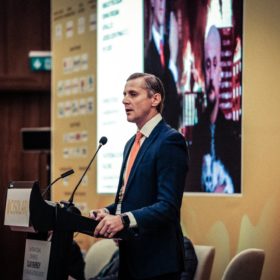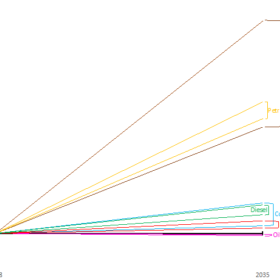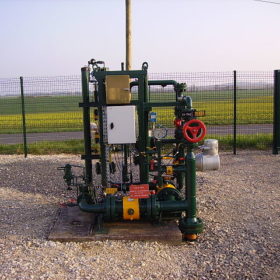The Hydrogen Stream: $8 billion green hydrogen facility near the Suez Canal
Egypt is taking several steps to support renewable and hydrogen projects, aiming to produce 42% of its electricity from renewable sources by 2030. Meanwhile, a team of researchers led by UCLA developed a method for predicting platinum alloys’ potency and stability; Iberdrola and bp are working on strategic collaboration, including large-scale green hydrogen production hubs in Spain, Portugal and the UK.
Clean power prices leap on back of tightening gas supply
Developers are making hay as far as PPA prices are concerned thanks to eye-watering wholesale electricity prices which mean they can just sell their solar and wind power on the open market.
Solar power costs continued to fall in 2021, despite rising panel prices
The average global price of solar kilowatt-hours fell 13% on 2020’s prices, as around two-thirds of the renewables capacity installed last year was cheaper than the lowest-cost fossil fuel alternative.
War pushes Ukraine to deploy solar
New small-capacity solar power plants are being developed in Ukraine to avoid blackouts, which is helping businesses to stay afloat amid dire economic conditions.
Ukrainian solar plant partly resumes operations after bombing
A Russian missile attack hit a 3.9 MW solar plant last week, damaging 416 solar panels and four string inverters.
Missile strike destroys solar plant in Ukraine
Two Russian missiles have hit a ground-mounted solar plant near Kharkiv, Ukraine. According to the manager of the plant, the missile attacks produced holes at the site that measured 6 meters deep and 11 meters in diameter.
The weekend read: Ripple effects of Russia-Ukraine crisis on renewables
The war in Ukraine has acted as a brutal wake-up call for governments to act and reduce their dependence on Russian fossil fuels. Many have pledged to hasten project timelines for renewables, but there are mixed reports about impacts on investor confidence and projects under development in Ukraine’s neighboring countries. Marija Maisch reports.
Ukraine: Is there a pessimistic solar scenario? No!
Vitaliy Daviy is the CEO of emerging markets focussed cleantech organization IB Centre Inc. and holds an optimistic view of Ukraine’s sector after the war. According to him, the country has the keys to energy independence and security.
Ukraine invasion reshaping discussion about energy, pricing, renewables
Indra Overland, the head of the Center for Energy Research at the Norwegian Institute for International Affairs, tells pv magazine how the Ukraine war is irreversibly changing the global energy landscape, making massive renewables deployment a certainty. But labor issues, equipment shortages, and reliance on Chinese manufacturing remain obstacles.
Ukraine uses PV to ensure gas supply system operation
The Ukrainian authorities are currently resorting to PV to keep gas substations running despite the destruction of the electricity grid by Russian troops. Meanwhile, PV plant owners are beginning to face serious financial difficulties due to power supply disruption or damages caused by the hostilities.
